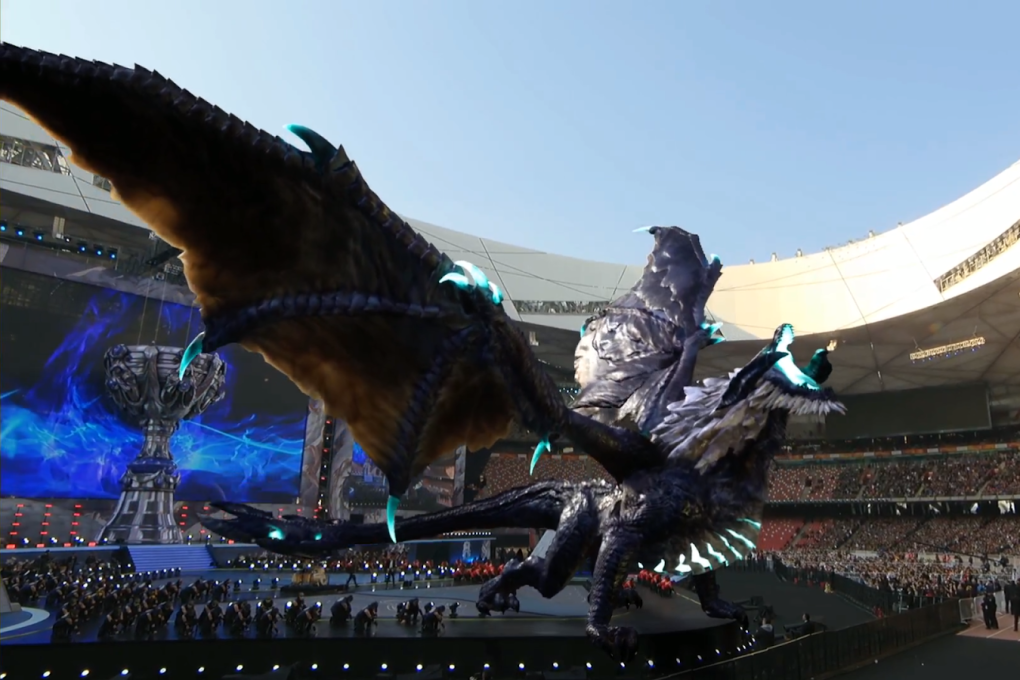Beijing and Shanghai want to be global gaming capitals, but content controls are a problem
Beijing hosted the League of Legends World Championship in 2017 and Shanghai had The International 2019, but analysts worry tightening controls will dampen industry creativity

When you think about global hubs for gaming, Los Angeles, Tokyo and Seoul are likely the first places that come to mind. But China is hoping to broaden that list.
If you’re familiar with China’s gaming market, you’re no doubt thinking of the most obvious reason to be skeptical of China’s gaming aspirations: Control.
Why the impact of China’s 15-year console ban still lingers today
“The policies today revolve around maintaining control,” said Jintiao Zheng, co-founder of media outlet Gamer Boom. “We have been trying to expand our industry overseas for a year now, but we have barely seen any competitive titles. If policies are still control-oriented, it makes it even harder to have quality titles.”